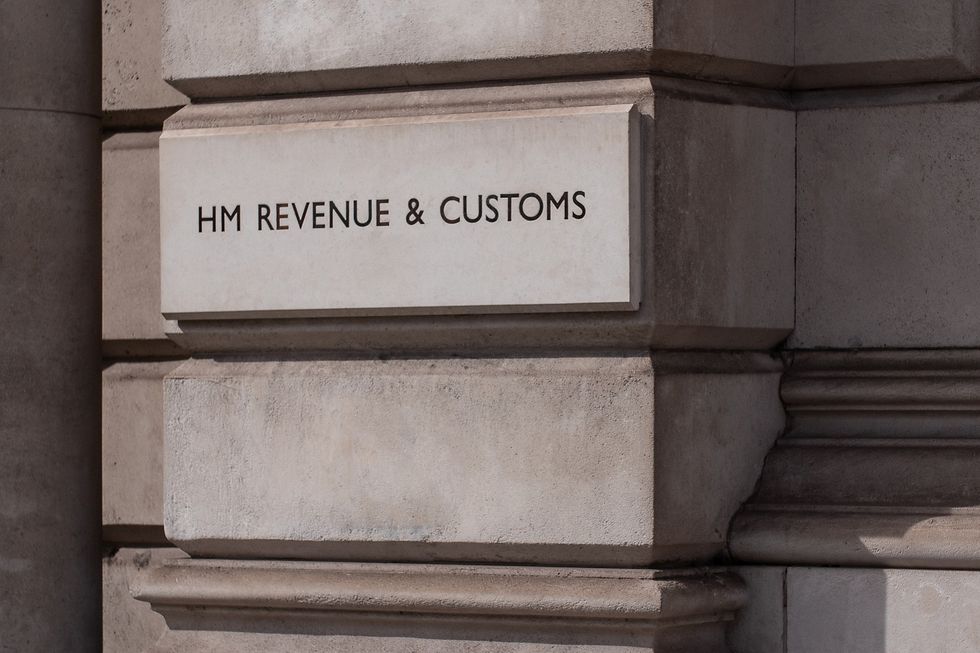‘Rubbing our noses in it!’ State pension rise will be swallowed up, retiree fears - ‘Doesn’t go anywhere’
GBNEW
Foreign nationals can access UK pensions after just three years — and HMRC can’t track how many claim from abroad
Don't Miss
Most Read
Trending on GB News
A little-known loophole in the UK’s state pension system could be costing British taxpayers millions of pounds every year.
The loophole allows people who may have never worked or paid income tax in the UK to receive guaranteed, inflation-protected retirement income at British taxpayers' expense.
Under current rules, foreign nationals who have lived in the UK for just three years can top up their National Insurance (NI) record to qualify for the full UK state pension - even if they’ve never worked here or paid income tax.
Once eligible, they can receive a guaranteed, inflation-protected income from the British taxpayer, even if they move abroad permanently.
This might be someone who came here to work for a while, or a family member who joined them and claimed certain benefits.
 Britons are worried about the future of the state pension GETTY
Britons are worried about the future of the state pension GETTYThe issue came to light following an investigation by New Statesman business editor Will Dunn, who revealed that HMRC facilitated a huge surge in voluntary NI contributions just before the top-up deadline this month.
Until April 5, 2025, someone who had briefly lived in the UK could top up their NI record as far back as 2006 - paying as little as £182 per missing year.
HMRC confirmed that between February 4 and March 31, 2025, the number of people making voluntary NI payments rose from 37,000 to 138,000, covering more than 303,000 years of NI contributions.
The average payment was £1,933 — a fraction of what recipients could get back in retirement benefits.
But HMRC also admitted it does not know how many of these payments came from non-British nationals or people no longer living in the UK.

HMRC claimed the data "is not in a form that can be easily analysed"
GETTYWhen pressed through a Freedom of Information request, the tax authority claimed the data "is not in a form that can be easily analysed and furthermore it is not linked to nationality and residency information".
Finding out how many foreigners are buying entitlement to the British state pension would, it said, "require a significant amount of work", which it said would be too expensive to justify.
Claire Aston, director of TaxWatch said she was "surprised" by HMRC’s claim that residency data couldn’t be provided.
She said: "The fact that they can’t give this information is worrying."
What’s more, this top-up scheme is being actively marketed abroad. Irish pension helplines and Australian media outlets have promoted the opportunity to secure a lifetime pension from the UK for a relatively small upfront payment.
In some cases, recipients may also benefit from public services in their country of residence, effectively receiving double support at the expense of UK taxpayers.

The state pension is already seen as one of the Government’s largest liabilities, costing £142bn a year
GETTYThe state pension is already seen as one of the Government’s largest liabilities, costing £142billion a year - around 14 per cent of public spending, nearly as much as is spent on education and defence combined.
With the UK facing ongoing pressures on public finances, campaigners are questioning why the Government is not doing more to track or regulate who is accessing the system.
The Department for Work and Pensions and HMRC have so far declined to clarify how many pensioners are receiving payments from abroad - or whether any safeguards are in place to prevent abuse of the system.
As more people become aware of this loophole, pressure is growing on the Treasury to act — before more British pension funds are handed out to those who may never have paid in.







